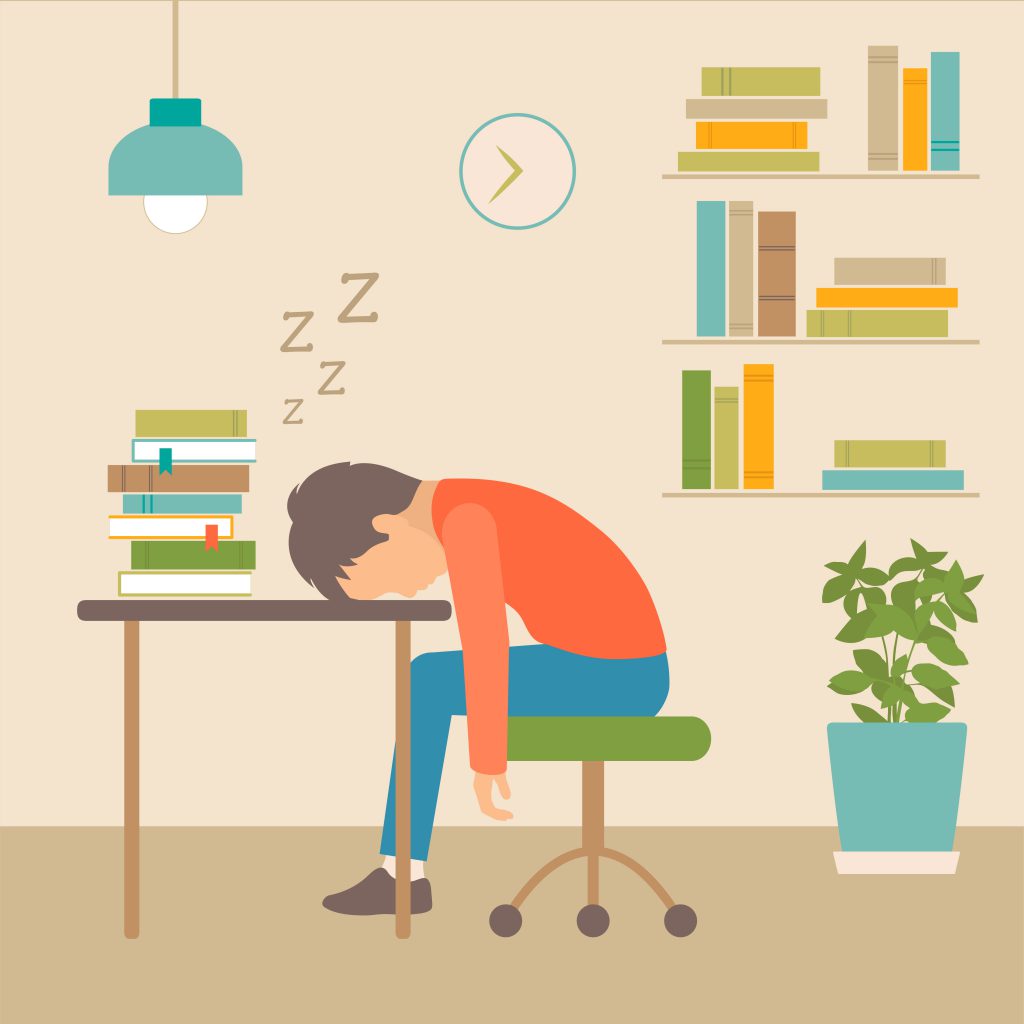As many of us adjust to social distancing and working from home, EDIT Lab postdoc Shannon shares her tips for staying physically and mentally healthy during the COVID-19 outbreak.
Physical health
Hygiene – Wash your hands! Avoid touching your face! COVID-19 spreads from person to person through droplets from coughing and sneezing entering the respiratory system. Hygiene is crucial in keeping these droplets off your hands and away from your nose/mouth.
“Hygiene is crucial.”
Stay hydrated – All viruses and bacteria love a dehydrated system. Keep drinking the water and flush the nasties out of your body.
Food – Eat healthy, nutritional food. Research has looked into micronutrient intake (vitamins and minerals) and has linked this to the severity of symptoms in certain virus attacks. Have your carbs, your fats, your proteins and, most importantly, your fruit and veggies. Keep up with the vitamin C and keep taking medication or supplements if you usually do.
Remedies – Personally, I’ve been boiling up some whole chopped ginger and 1-2 lemons (sliced) with some water. You can drink this warm or cold. It may be a wives’ tale, but these are well known home remedies for cold and flu-related viruses, and ginger has been a known anti-inflammatory for centuries.
Keep moving – There are lots of free online home workouts going around at the moment, for example via Youtube, MadFit and Yoga with Adriene. If you can go for an isolated walk, do so. If you usually work out, keep doing so unless you feel unwell.
Keep your house well ventilated – Viruses and bacteria like stuffy, damp enclosed spaces. Open a window in the house for at least half an hour. If you’re working from home and it’s warm enough, open all the windows when you wake up and set a 30 minute timer. For some fresh air, go for an isolated walk (obviously not with all the windows open!). Even get out on your balcony or garden if you have one.
“Go for an isolated walk.”
Disinfect – Disinfect commonly touched areas daily or every two days: plugs, switches, handles, phones, remotes – anything that multiple people touch. And then wash your hands with soap.
Limit the amount of change – Don’t implement any crazy lifestyle changes that might knock your body off kilter. For example, don’t implement a rigorous heavy exercise routine if you’re not used to it.
Emotional and psychological health
If you are feeling lonely – Try and find someone to video call. Don’t just text and Whatsapp, looking at someone’s face is much more effective for reducing loneliness (it lights up the fusiform face area in the brain I’ll have you know).
If you are feeling worried – Write down your fears and think of the best and worst outcomes, and how you could deal with these should they present. Having a plan always makes uncertainty less scary.
If you’re feeling sad or angry – Allow yourself some time to express and acknowledge these emotions and think about the root cause of them. Is there anything causing them that can be controlled or managed? Talk to someone, it always helps, even if you think you are being irrational. Others’ perspectives are usually quite soothing and calming, especially if they see you are distressed.
“Talk to someone, it always helps.”
If your anxiety is on hyperdrive – Cut the caffeine and alcohol (yes, you heard us correctly!). Caffeine is a stimulant and will enhance anxiety. Try herbals teas such as chamomile instead. You also don’t want to wake up wondering whether you have the symptoms of coronavirus or whether it’s just a hangover…
If you are someone who doesn’t deal with change and disruption too well – Try and create a new routine and stick to it. Make sure you plan in time for leisure activities. Maybe this is a time to learn a new craft or watch that show that you’ve never had time to before. Try and turn a negative into a positive and do things that make you happy, that you often don’t have time for.
“Try and turn a negative into a positive.”
If you are working from home – Where possible try and stick to one area, an area away from the space that you use to relax. Avoid working from your bed, or you might have trouble sleeping or working efficiently as your bed is associated with sleep and rest (hopefully).
Limit screen time – Finally, I would recommend setting a screen time limit on your phone. I’ve found myself to be obsessively scrolling through social media to quell my anxiety, but to be honest it doesn’t really help too much. Try and be present and carry out activities that are productive, helpful to yourself or others, or actually just enjoyable. There’s a lot of fake news and hype, so stay away from that. Get the knitting needles out or something.



